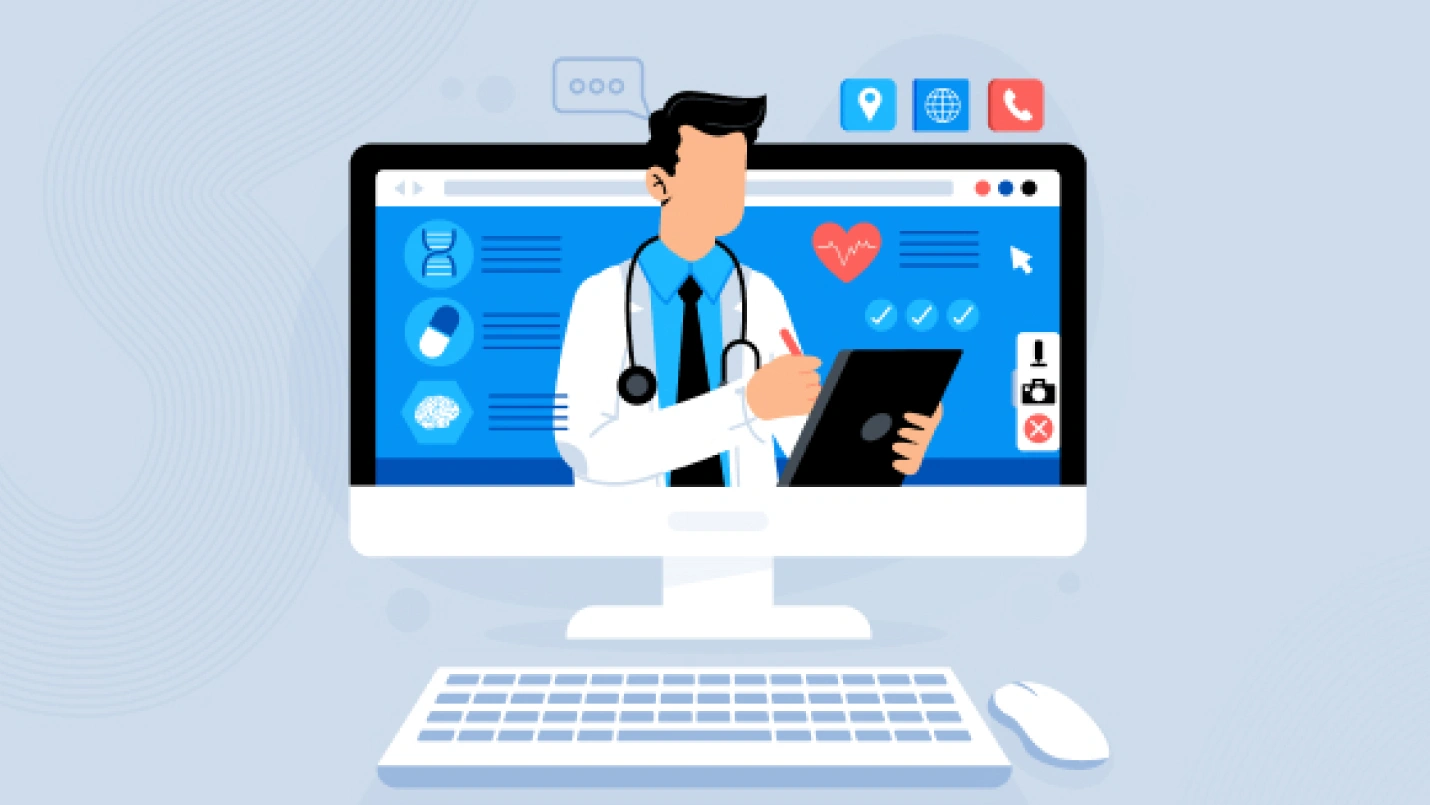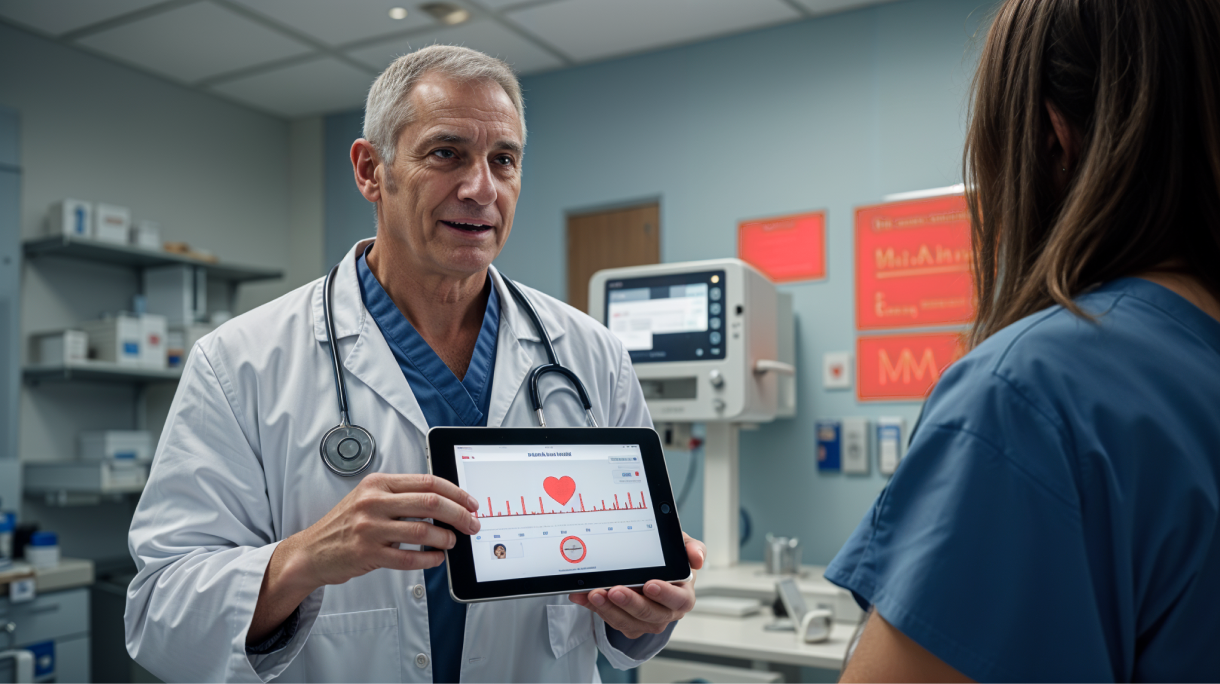
The Revolutionary Impact of AI on Modern Healthcare
Artificial Intelligence (AI) has emerged as a game-changing technology in the healthcare industry, transforming the way medical professionals diagnose, treat, and manage patient care. As we understand as to how is ai used in healthcare, it becomes evident that this technology is not just a futuristic concept but a present reality that is revolutionizing medical practices. From enhancing diagnostic accuracy to personalizing treatment plans, AI is reshaping the healthcare landscape, offering unprecedented opportunities to improve patient outcomes and streamline medical processes.
Enhancing Diagnostic Accuracy Through Advanced Image Analysis
One of the most significant applications of AI in healthcare is in the field of medical imaging and diagnostics. AI-powered algorithms can analyze complex medical images such as X-rays, MRIs, and CT scans with remarkable accuracy and speed. These systems are trained on vast datasets of medical images, allowing them to detect subtle abnormalities that might be overlooked by human radiologists. For instance, AI algorithms have shown promising results in identifying early signs of breast cancer in mammograms and detecting small lung nodules in chest X-rays. This enhanced diagnostic capability not only improves the accuracy of diagnoses but also enables earlier detection of diseases, potentially saving countless lives through timely interventions.
Personalizing Treatment Plans with AI-Driven Predictive Analytics
AI is revolutionizing treatment planning by leveraging predictive analytics to develop personalized care strategies. By analyzing a patient’s genetic information, medical history, lifestyle factors, and treatment responses, AI algorithms can predict the most effective treatment options for individual patients. This approach, known as precision medicine, allows healthcare providers to tailor treatments to each patient’s unique characteristics, potentially improving outcomes and reducing adverse effects. Additionally, AI-powered systems can continuously monitor patient data and adjust treatment plans in real-time, ensuring that patients receive the most appropriate care throughout their medical journey.
Streamlining Administrative Tasks and Improving Operational Efficiency
Beyond clinical applications, AI is also transforming the administrative side of healthcare. Natural Language Processing (NLP) and Machine Learning algorithms are being used to automate time-consuming tasks such as medical coding, billing, and appointment scheduling. These AI-driven systems can process vast amounts of unstructured data from medical records, reducing errors and improving efficiency. Furthermore, AI chatbots and virtual assistants are being deployed to handle patient inquiries, triage symptoms, and provide basic health information, freeing up healthcare professionals to focus on more complex patient care tasks.
Ethical Considerations and Future Prospects of AI in Healthcare
As we understand how is ai used in healthcare, it’s crucial to address the ethical considerations and challenges associated with its implementation. Issues such as data privacy, algorithmic bias, and the potential for over-reliance on AI systems need careful consideration. Healthcare providers and policymakers must work together to establish robust regulatory frameworks that ensure the responsible development and deployment of AI in medical settings. Looking ahead, the future of AI in healthcare is incredibly promising. From AI-powered robotic surgery to advanced predictive health monitoring, the potential applications are vast. As technology continues to evolve, AI is poised to play an increasingly central role in healthcare, driving innovations that improve patient care, enhance medical research, and ultimately save lives.






















